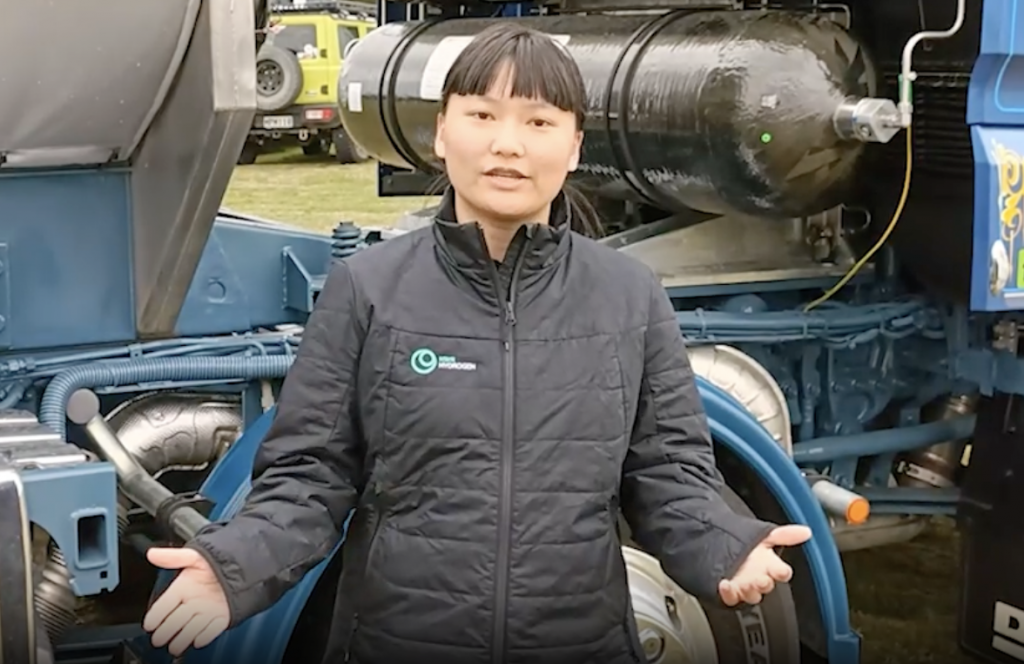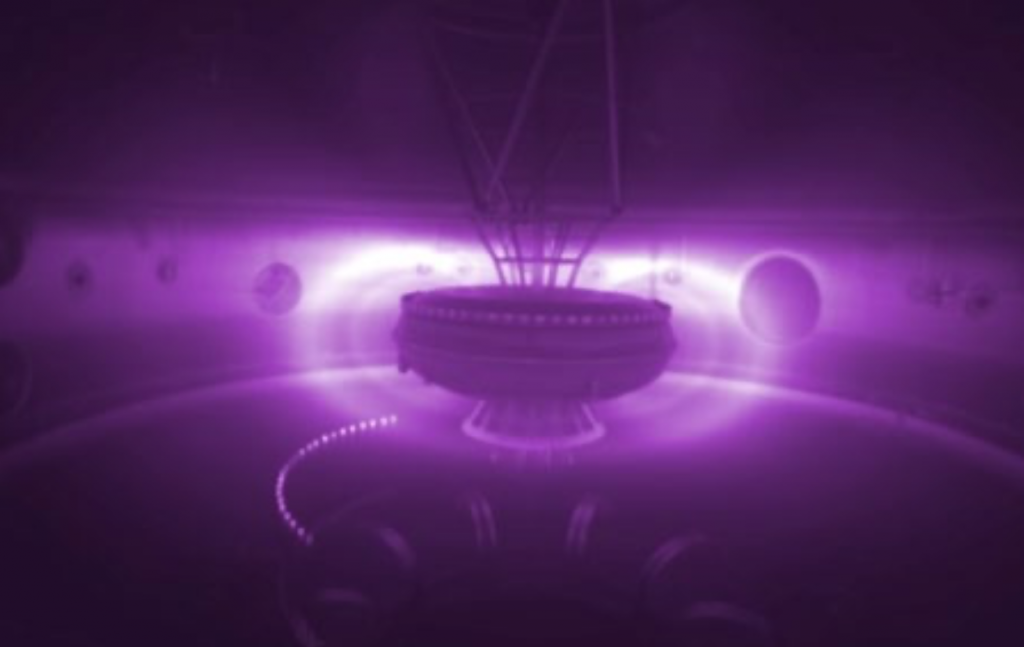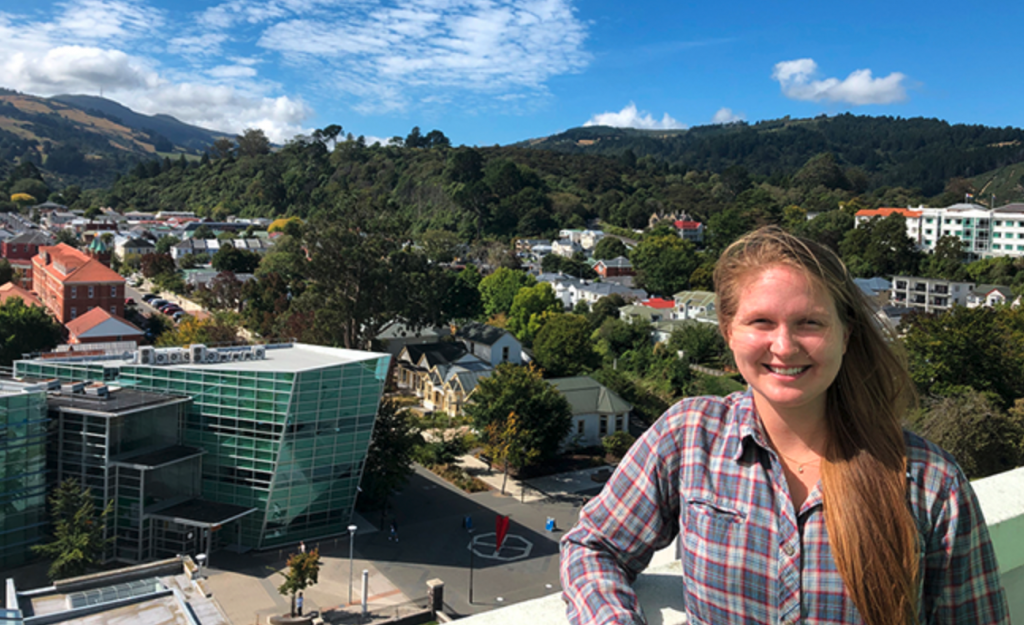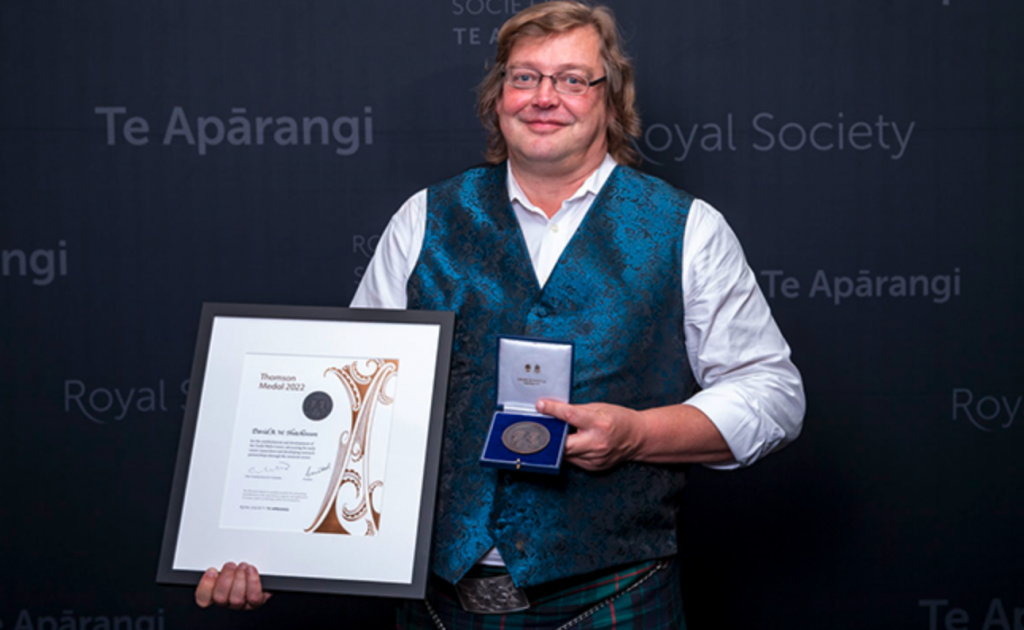
Lasers and Gentlemen – An Atomic Viking in New Zealand
About Professor Niels Kjærgaard’s research
Niels works in experimental atomic and laser physics. At Otago his research group has constructed an optical tweezers platform, where powerful laser beams can pinch and manipulate clouds of atoms at temperatures less than one millionth of a degree above absolute zero.
In the Marsden-funded project ‘Littlest Hadron Collider: a Laser-based Accelerator for Ultra-cold Atoms’, they used their optical tweezers for gently bumping frigid atomic clouds together to explore the nature of interactions between atoms colliding at pedestrian speeds. The experiments captured paradigms of quantum mechanics by literally photographing scattered atoms and the project ‘Reactive Cold Collisions in Steerable Optical Tweezers’, recently funded by Marsden, aims to extend their method to the realm of ultracold chemistry.
Niels’ interests also include the two-way, entangled interplay that happens when light and matter meet to interchange information and polarisations become twisted, rays get bent, and atoms are pushed around by light. The observation of Pauli blocking of light scattering published in Science Magazine was selected as Top-10 breakthrough of 2021 by Physics World.
This lecture will be followed with light refreshments, tea, coffee and juice.
Streaming information for Professor Niels Kjærgaard’s IPL
This event will be live-streamed, from 5:25pm Thursday, 9 March 2023, at the following web address:
Professor Niels Kjærgaard’s IPL video stream
Test your connection to the streaming service here











